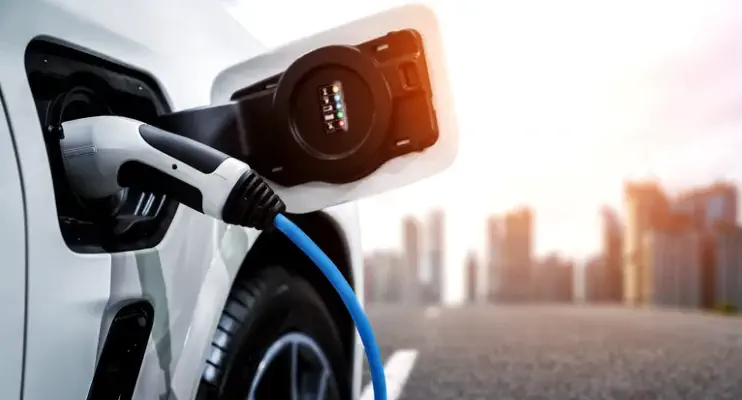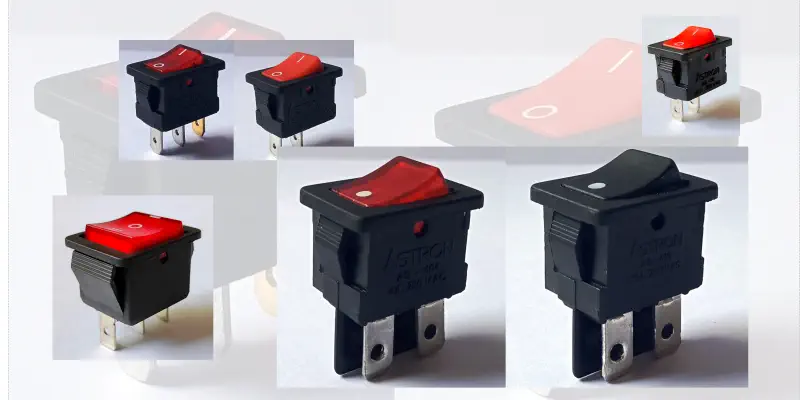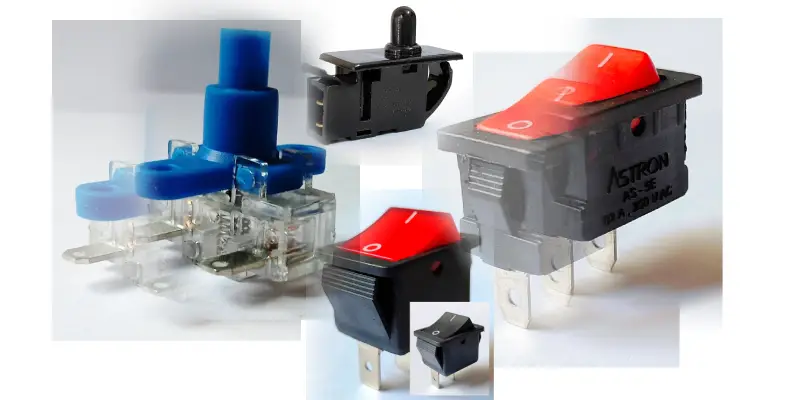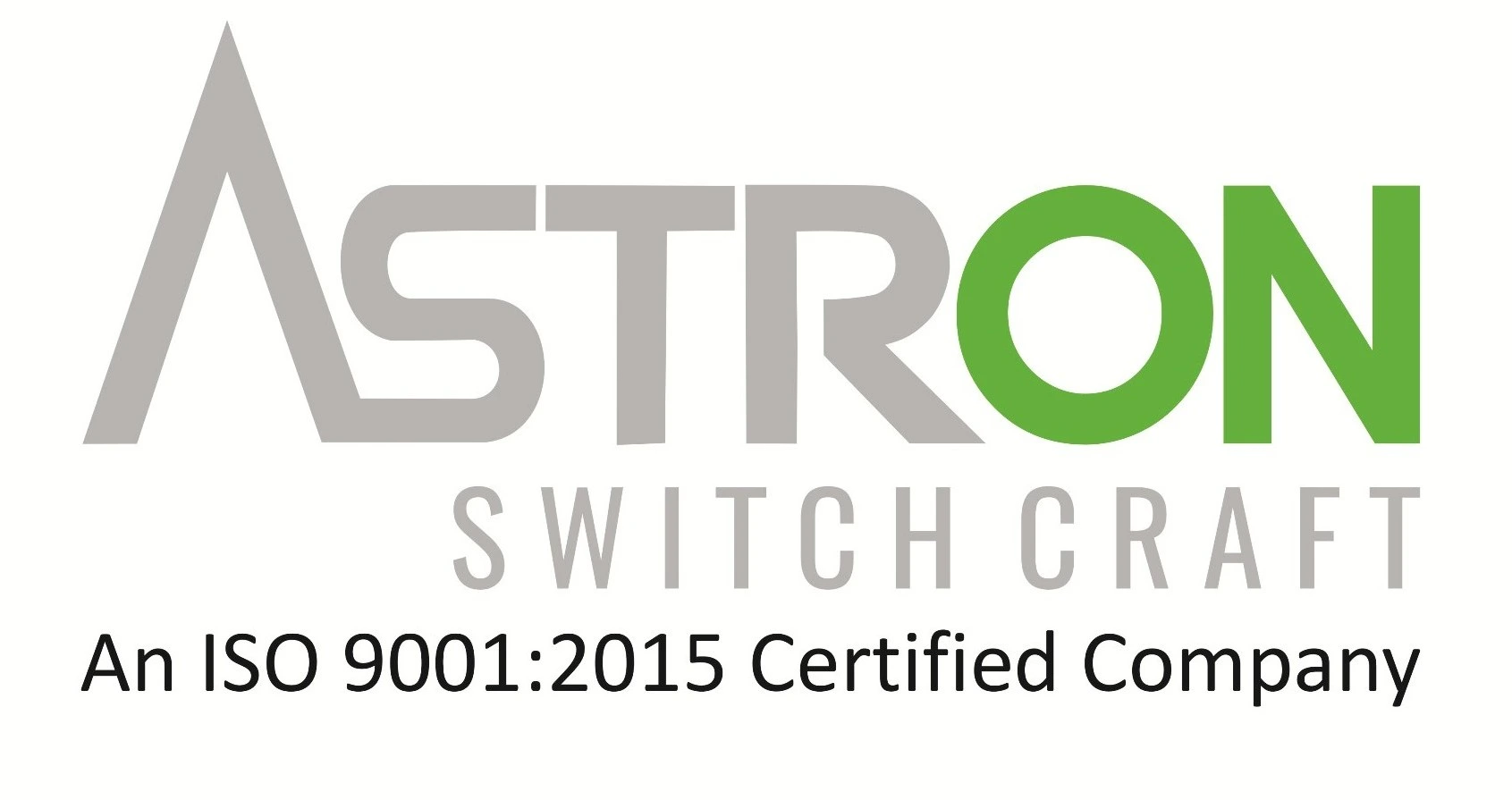
how long does it take to charge an electric car battery
Introduction
In the age of climate consciousness and eco-friendly transportation, electric cars have become more than just a trend; they're a significant step towards reducing our carbon footprint. While the benefits of electric cars are numerous, many potential buyers still wonder: "How long does it take to charge an electric car battery?" Let's embark on a journey through the charging process, explore different charging methods, and find out what it really takes to charge an electric vehicle.
Charging Levels
-
Level 1 Charging: The Patience Game
Level 1 charging, also known as "trickle charging," is the slowest method to charge your electric car. It operates at 120 volts and usually requires plugging your vehicle into a standard household outlet. On average, Level 1 charging replenishes about 2 to 5 miles of range per hour, making it more of a convenience for overnight charging. A full charge can take anywhere from 24 to 60 hours. While this might not be ideal for daily use, it's suitable for emergency situations or as a backup at home. -
Level 2 Charging: The Everyday Option
Level 2 charging is the most common method for electric car owners. This type of charging operates at 240 volts and is significantly faster than Level 1 charging. On average, Level 2 chargers can provide between 10 to 60 miles of range per hour, depending on the specific charger's power output and the car's capacity. This means that a full charge can take anywhere from 3 to 10 hours. Level 2 chargers are often installed in homes, businesses, and public charging stations, making them ideal for daily use. -
DC Fast Charging: The Pit Stop
DC fast charging is the "pit stop" of electric vehicle charging. It operates at higher voltages (usually 400V and above) and can provide a substantial range boost in a short amount of time. On average, a DC fast charger can add around 60 to 80 miles of range in just 20-30 minutes. These chargers are commonly found along highways, in urban areas, and at rest stops, allowing electric car owners to undertake longer journeys with minimal charging disruptions.
Factors That Affect Charging Time
- Battery Capacity: The size of your electric car's battery plays a crucial role in determining charging time. A larger battery will take longer to charge, but it will also provide more range. So, the time required to charge a Tesla Model S, with its substantial battery capacity, will be longer compared to a Nissan Leaf with a smaller battery.
- State of Charge: The current state of your battery's charge also influences how long it will take to charge. It's generally faster to charge from 20% to 80% capacity than from 80% to 100%. This is because charging speed decreases as the battery approaches full capacity to protect its longevity.
- Charging Station Power: The power output of the charging station matters. A higher power level charging station will charge your car faster. Most Level 2 charging stations provide 7-22 kW, while Level 3 DC fast chargers can deliver 50 kW to 350 kW or more.
- EV Model: Different EV models have varying charging capabilities. Some can handle higher power inputs, enabling faster charging. It's essential to know your car's maximum charging rate to take full advantage of available charging stations.
- Environmental Factors: Ambient temperature and weather conditions can affect charging speed. Extreme cold or hot weather can slow down charging, so it's crucial to park your EV in a comfortable environment for optimum performance.
Conclusion
So, how long does it take to charge an electric car battery? The answer is, it depends. In essence, charging time is highly variable, contingent on a multitude of factors, including charging level, battery size, state of charge, charging station power, the specific EV model, and environmental conditions. To make the most of your electric vehicle, it's essential to understand these factors and plan your charging accordingly.
As technology continues to advance, we can expect even
faster charging times and more widespread charging infrastructure. In the
meantime, electric vehicle owners should embrace the versatility and
environmental benefits of their electric rides, understanding that while
charging times may vary, they're part of the exciting journey toward a
greener, more sustainable future on the road.
Astron Switch Craft is a top rated Rocker Switch
Manufacturers In India manufactures a wide range of
rocker switches for OEMs, tier II / tier III suppliers in Pune, Maharashtra.
We are one of the best rocker switch manufacturing company that offers high
quality switches in variety of configurations.



